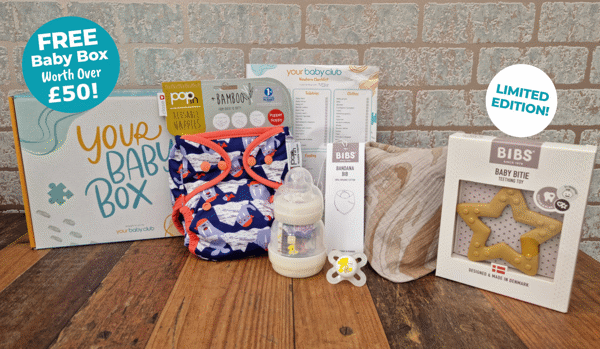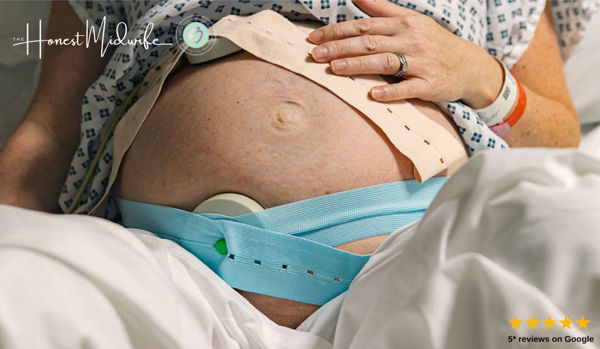Sudden Infant Death Syndrome (also known as cot death) is the sudden and unexplained death of an infant where no cause can be concluded.
In 2020 The Lullaby Trust reported that SIDS claims the lives of approximately 168 babies and children in the U.K. each year, around three babies per week.1
This number has decreased significantly (83% since the early 1990s) as more parents and caregivers are aware of and following the safer sleeping practices/risk reduction advice. Better known as the “back to sleep” message.
Below are some steps that you can take to help reduce the risk of SIDS -
Circumstances Where Bed-Sharing Is Dangerous
- If you or anybody else in the bed has consumed alcohol or taken drugs that may make you feel drowsy
- If your baby was born premature (before 37 weeks gestation) or weighed less than 5 1/2 lbs at birth
- If you or anybody else in the bed smokes
You should never fall asleep whilst holding your baby on the sofa or a chair - sleeping on a sofa with a baby can increase the risk of SIDS by up to 50%.
The safest place for your baby to sleep is in a separate, clear and flat sleeping space - either a cot or Moses basket. Babies should always be placed on their back for sleeping, ensuring that “feet to foot” is followed - they should be placed at the bottom of the space so that they cannot wriggle underneath the covers.
Once your baby is down, tuck the covers securely under their arms so that the covers cannot slip over their head. You can use one or more lightweight covers - add/remove layers depending on the temperature. Do not let your baby overheat because of too much bedding or clothing. You can check their temperature by touching their tummy - if they feel too hot remove some of the bedding.
If you wear your baby (with a sling/baby carrier), never cover their heads with the sling material or with a muslin/ piece of clothing.
How To Make Co-Sleeping Safer
- Always place your baby on their back to sleep. Never place them on their sides or front
- The place of sleep should have a firm, flat mattress without any cushioned or raised areas
- The bed should be kept clear. No pillows, duvets, bumpers or weighted bedding
- The space around the bed should be kept clear of any items that could be within reach - nappy sacks/caddy’s, blind cords, soft toys and items of clothing
- Ensure that there is no risk of your baby being trapped or wedged between the bed and the wall. Also, make sure there is no risk of them falling out of the bed
- Do not use sleeping pods, nests, bedding rolls or wedges
- Do not use any other special equipment/ products to keep babies on their backs
- Do not bring other children or pets into the bed to minimise the risk of an accident
- Make sure your baby’s head is uncovered to ensure they do not overheat. Rooms should be kept between 16 - 20 degrees Celsius so that your baby is neither too hot nor too cold
- Never leave your baby alone in an adult bed
Once your baby starts to roll back to front and vice versa by themselves, it is okay to leave them to find their own comfortable position to sleep.
Join Louise Broadbridge, senior midwife & the face of instagram's @thehonestmidwife for a live, online class preparing you and your partner for natural labour, birth and beyond. Enjoyed by 1000's of expectant parents like you.
Reduce the Risk of Sids by Keeping Your Baby Smoke Free
Babies who are exposed to smoke from tobacco before or after birth are at a greater risk of SIDS than those who haven’t been.
- Smoking while pregnant greatly increases the chances of SIDS. Expectant mothers should try to take up the help available to stop smoking - help is available locally for mothers who are smokers
- Expectant mothers should also try to avoid being exposed to the smoke of others during pregnancy too
- It is important to keep your baby away from smoke in your home, car and while out too
If you have any questions or concerns, speak to a health professional - health visitor, midwife or GP. All of whom will be able to advise you and help as best as they can!
References -
Lullaby trust website - Statistics on SIDS;
1Credit: Office of National Statistics, National Records of Scotland and Northern Ireland Statistics and Research Agency 2020
*England and Wales data includes International Classification of Diseases (ICD) codes R95 (Sudden Infant Death Syndrome) and R99 (Ill Defined/Unknown), Northern Ireland data includes ICD code R95, R96 and R99 and Scotland data includes ICD code R95 only.*







